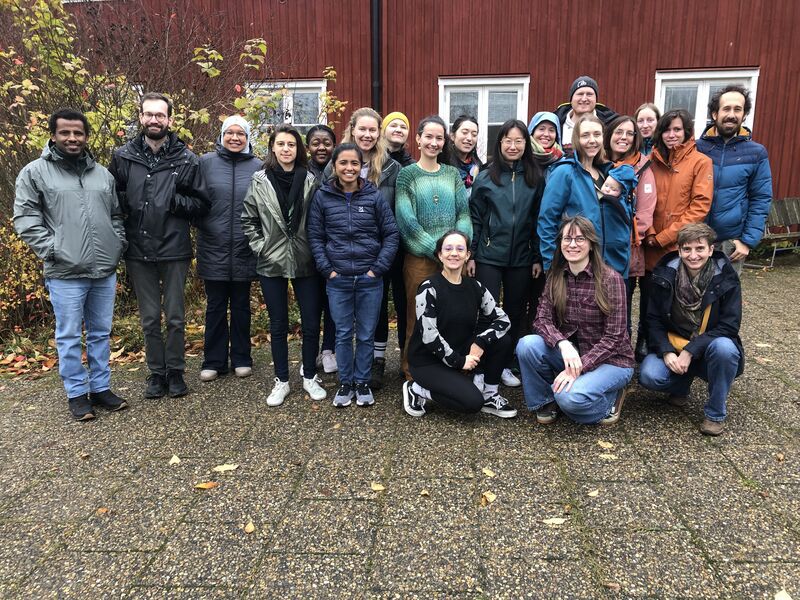
It's *scientific publishing*.
We call this the Drain of Scientific Publishing.
Paper: arxiv.org/abs/2511.04820
Background: doi.org/10.1162/qss_...
Thread @markhanson.fediscience.org.ap.brid.gy 👇
a 🧵 1/n
Drain: arxiv.org/abs/2511.04820
Strain: direct.mit.edu/qss/article/...
Oligopoly: direct.mit.edu/qss/article/...





vertebrate-zoology.arphahub.com/article/1670...




vertebrate-zoology.arphahub.com/article/1670...
The labs of @nicrodemo.bsky.social (Uppsala) and Emily Baird (Stockholm) studied the temperature sensitivity of bee buzzes 🐝
Key findings:
- Frequency is driven by thorax temp
- Air temps > 25 C affect muscle function
- Little/no effect of species
www.nature.com/articles/s41...

The labs of @nicrodemo.bsky.social (Uppsala) and Emily Baird (Stockholm) studied the temperature sensitivity of bee buzzes 🐝
Key findings:
- Frequency is driven by thorax temp
- Air temps > 25 C affect muscle function
- Little/no effect of species
www.nature.com/articles/s41...

www.biographic.com/the-wild-ele...

www.biographic.com/the-wild-ele...


onlinelibrary.wiley.com/doi/full/10....
onlinelibrary.wiley.com/doi/full/10....


Entomologist 2: Well, its red spots make it look as though it’s been stabbed. Twice.
Entomologist 1: Perfect, we’ll call it the twice-stabbed lady beetle.

Entomologist 2: Well, its red spots make it look as though it’s been stabbed. Twice.
Entomologist 1: Perfect, we’ll call it the twice-stabbed lady beetle.


Photo: Parco Archeologico Campi Flegrei
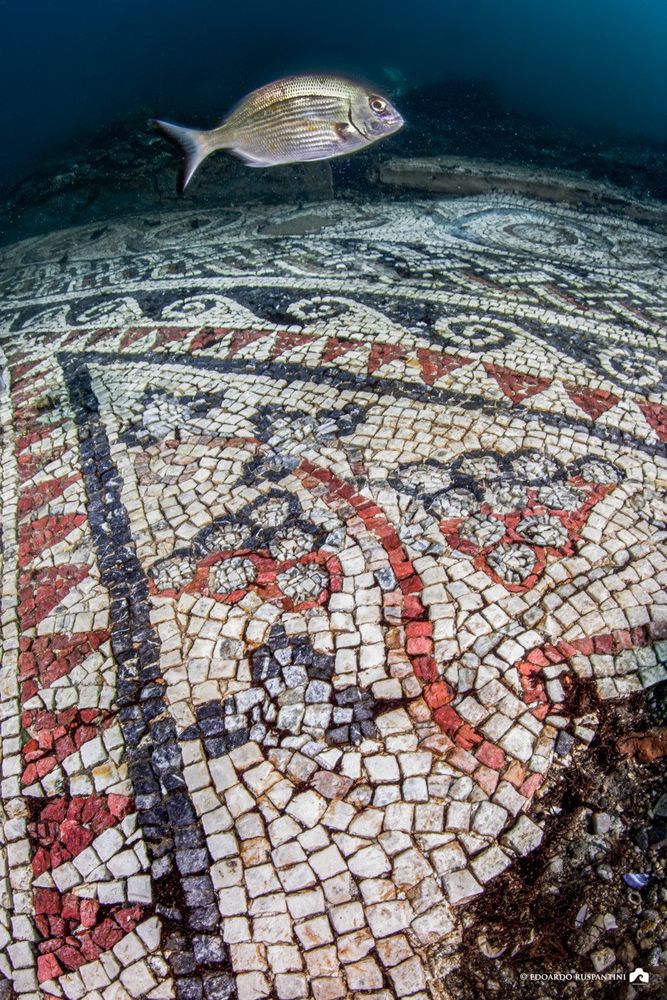
Photo: Parco Archeologico Campi Flegrei
#biodiversity #urbanecology
doi.org/10.1111/icad...

#biodiversity #urbanecology
doi.org/10.1111/icad...
Full text :
doi.org/10.1016/j.jn...


Full text :
doi.org/10.1016/j.jn...
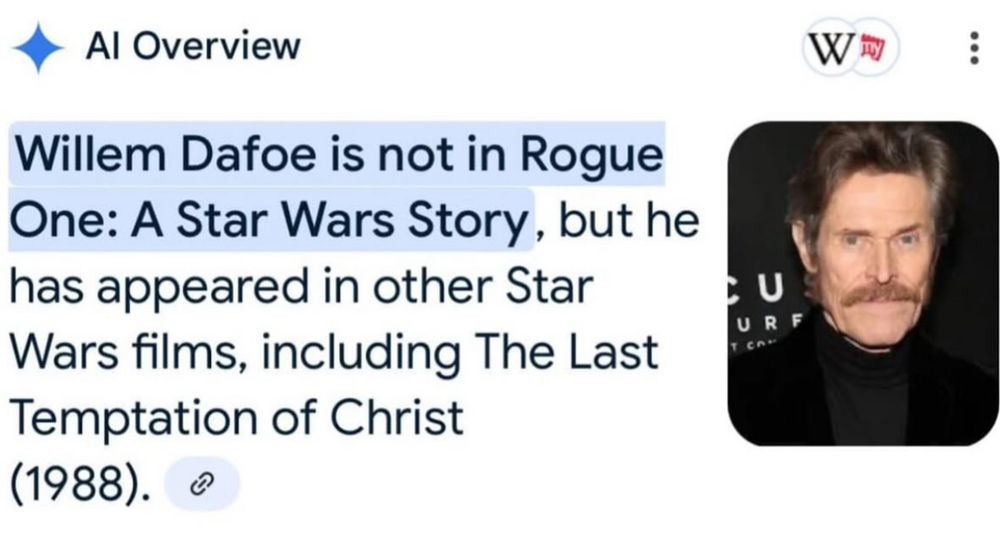
For decades, crops were thought to yield better outside their centers of origin by escaping native pests and diseases.
Using AI and remote sensing, we found no yield advantages for crops outside origins.
www.sciencedirect.com/science/arti...

For decades, crops were thought to yield better outside their centers of origin by escaping native pests and diseases.
Using AI and remote sensing, we found no yield advantages for crops outside origins.
www.sciencedirect.com/science/arti...
The onset of phenological plant response to climate warming @newphyt.bsky.social
nph.onlinelibrary.wiley.com/doi/10.1111/...
🧪🌎🌿🌐🌳 🍁 #PlantBiology @cideinvestiga.bsky.social @csic.es
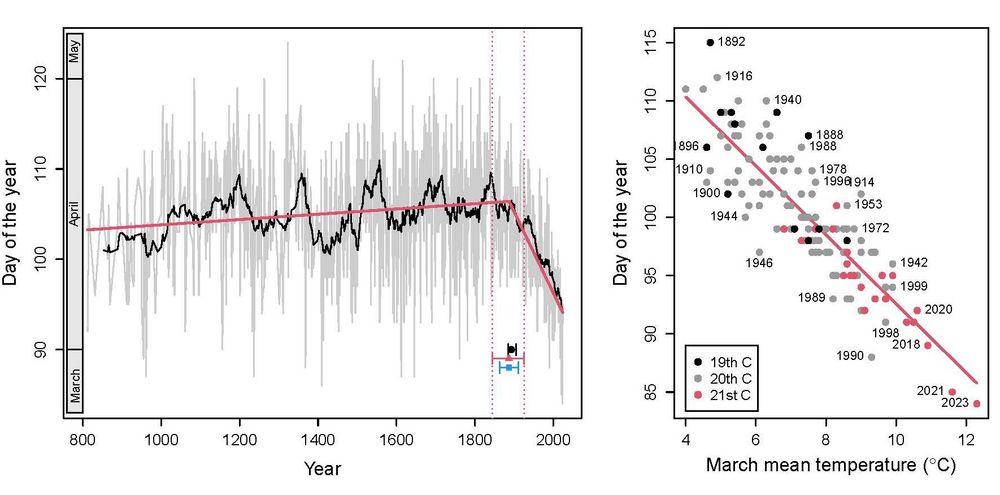
The onset of phenological plant response to climate warming @newphyt.bsky.social
nph.onlinelibrary.wiley.com/doi/10.1111/...
🧪🌎🌿🌐🌳 🍁 #PlantBiology @cideinvestiga.bsky.social @csic.es
A good way to evaluate their skill is to compare what they expected to happen in the years after the model was published to observed climate changes.
It turns out most models were pretty spot-on:
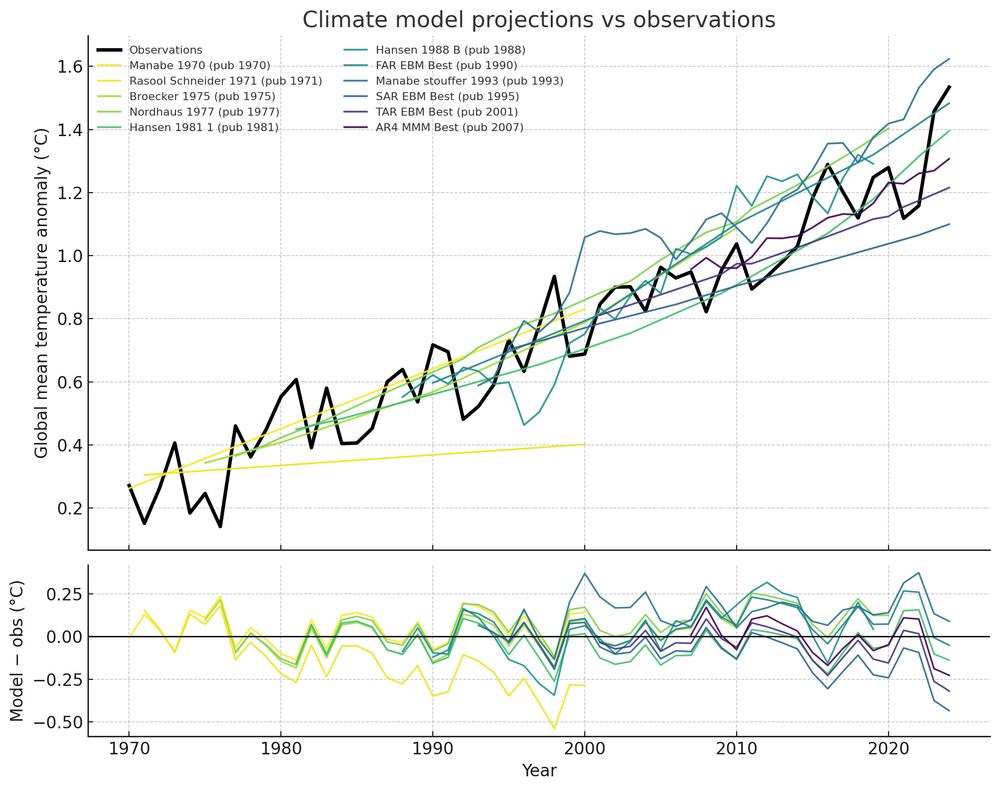
A good way to evaluate their skill is to compare what they expected to happen in the years after the model was published to observed climate changes.
It turns out most models were pretty spot-on:



